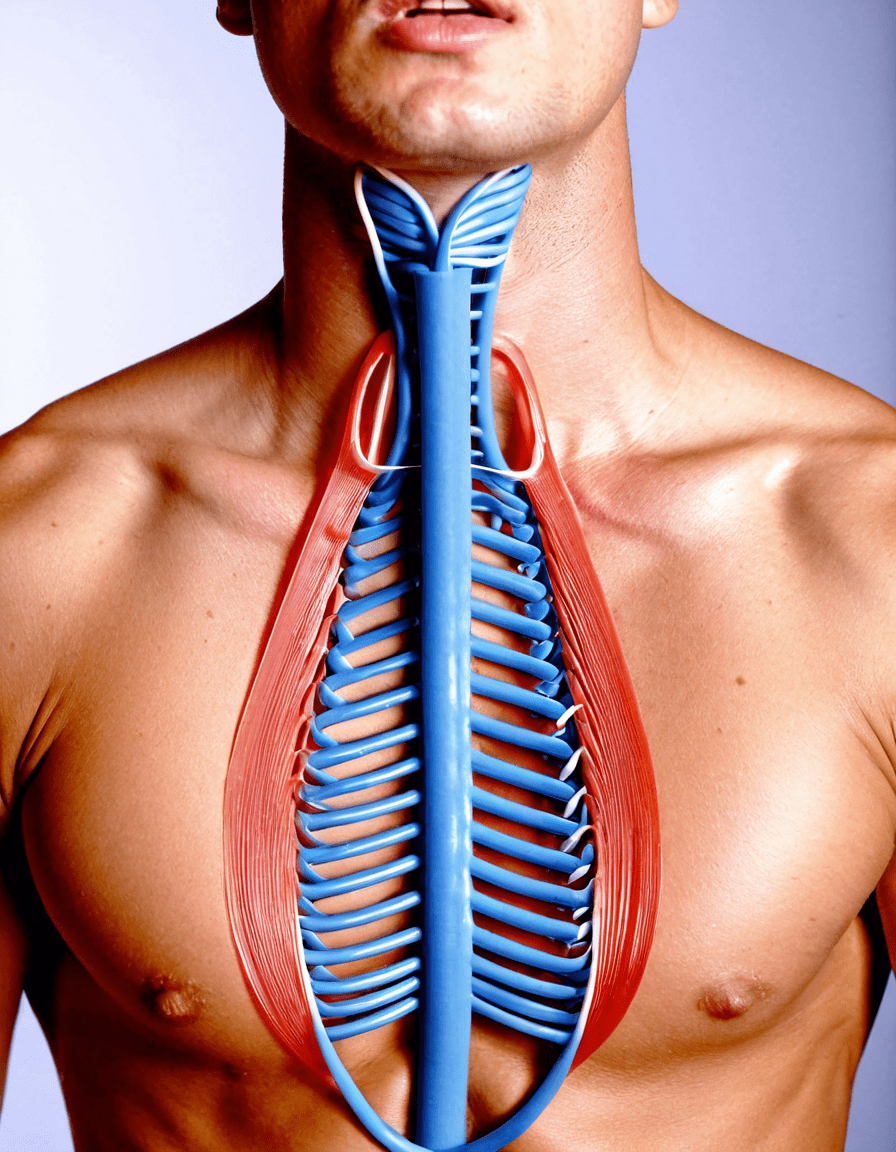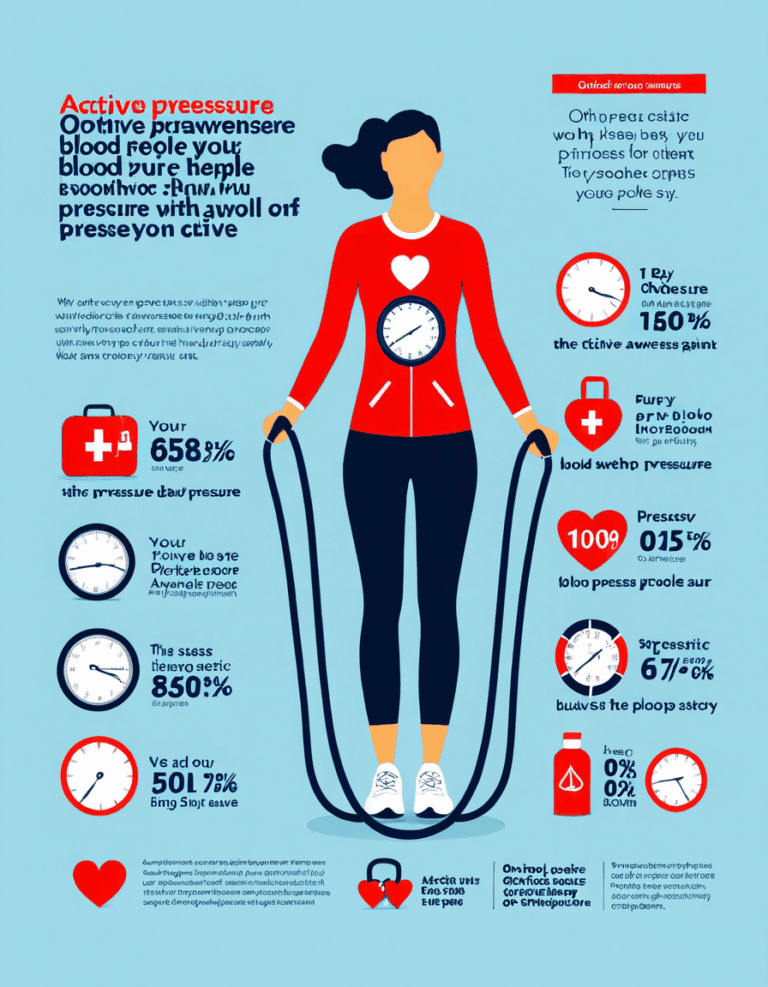Hey there, fitness warriors! Today, we’re diving into a topic that packs a punch in the health department—esophageal spasms. You might be thinking, “What’s the big deal? I’m focused on getting shredded!” But let me tell you, knowing the shocking symptoms tied to esophageal spasms can help you stay at the top of your game. These painful contractions in your esophagus can lead to distressing symptoms that might feel alarming but knowing them could be life-saving. So, buckle up, and let’s explore these symptoms and their implications on conditions like Barrett’s esophagus, esophagitis, and even potential complications that’ll knock you off your feet!

The Disturbing Nature of Esophageal Spasms
Esophageal spasms are more than just discomfort in your chest; they’re loud signals your body sends to alert you of underlying health issues. Often confused with heart-related problems, these spasms can create a chaotic mix of emotions. Imagine working hard in the gym, only to be sidelined by unexpected chest pain. Yikes!
While chest discomfort can be typical for athletes, understanding that it could stem from esophageal spasms is crucial. Each contraction may not only be uncomfortable but could also unearth complications that deserve attention. Knowing the full scope of symptoms and recognizing that they can sometimes indicate serious concerns makes being in tune with our bodies all the more vital. Remember, fitness is not just about how you look; it’s also about how you feel and function!

Top 7 Symptoms of Esophageal Spasms That Will Leave You Astounded
Let’s roll into the heavy-hitters—the top seven symptoms of esophageal spasms. These will leave you scratching your head—and maybe rethinking that spicy Thai Iced tea you love!
Imagine a vice grip around your chest; many people describe esophageal spasm pain that way! This bizarre sensation can mimic a heart attack and cause panic. It can last minutes to hours, and no one likes being on edge like that.
Known in medical terms as dysphagia, difficulty swallowing can range from feeling weird when you chew to needing to go easy on your food. This symptom can mess with your nutrition and overall health, which is a no-go if you’re serious about getting those muscles ripped, right?
Picture this: you’re out on a date, enjoying a delicious meal, and suddenly, food makes a surprise visit back up! Yup, regurgitation is a real pain and can lead to throat irritation. The risk of aspiration just adds another layer of concern.
A classic duo, heartburn or acid reflux often tag along for the ride with esophageal spasms. This mix-up can leave you questioning whether it’s your stomach acting up or the spasms causing chaos.
If you ever feel like your throat is constricting, you’re not alone. This sensation can trigger anxiety and often gets mistaken for an anxiety attack—double whammy!
Chronic pain from these spasms can lead to significant weight loss. If you’re shedding pounds unexpectedly, it’s time to get that checked out.
If your stomach feels like it’s on a roller coaster, nausea can come with the territory. It complicates your appetite and can be rough on those of us who want to maintain a solid diet—all in the name of gains!

Esophageal Spasms and Their Link to Serious Conditions: A Closer Look
Now, let’s dig into the nitty-gritty of how esophageal spasms can relate to conditions that are a bit more ominous.
Barrett’s Esophagus Symptoms
Barrett’s esophagus symptoms often arise before a diagnosis of esophageal cancer. The overlap in symptoms between Barrett’s and esophageal spasms can cloud the picture. Folks might face severe heartburn, raising the stakes for anxiety regarding their health.
Recognizing Esophagitis Symptoms
Esophagitis brings inflammation into the mix. Often mistaken for esophageal spasms, this discomfort could lead to a diagnostic headache. The burning sensation signals reflux issues that can both exacerbate and trigger esophageal spasms.
The Unforeseen Risks of Deep Vein Thrombosis Symptoms
Chronic pain can lead to inactivity—guess what could rear its ugly head? Deep vein thrombosis (DVT) symptoms! Recognizing these signs is fundamental for those sidelined by the discomfort of esophageal issues. It’s not just about pain; it’s about managing your overall well-being.
Urinary Retention: An Unlikely Ally
You may find it surprising, but chronic pain from esophageal spasms can produce a stress response leading to urinary retention. This symptom might not seem connected but impacts your quality of life while facing the battle of discomfort.
The Role of Pituitary Tumors
In a twist, pituitary tumors can cause symptoms that mimic esophageal spasms. Hormonal shifts from these tumors create a cascade effect, triggering unexpected gastrointestinal symptoms. This intertwining shows just how multifaceted our health can be!

Pitch Perfect: Navigating Through the Maze of Symptoms with Precision
To wrap things up, understanding esophageal spasms and their various symptoms is key to ensuring effective intervention. These shocks to your body remind us how complex our health can be. Recognizing esophageal spasms and their ripple effects leads to better conversations with healthcare providers, resulting in enhanced health outcomes.
Don’t get caught off guard! Educate yourself and be proactive. As we move forward in 2026, continuous research empowers both patients and professionals. Embrace your health journey, stay informed, and gear up for a stronger, healthier you. After all, champions like Danny philippou and Don Toliver didn’t get to the top without being informed about their health and fitness!
So, the next time you feel those symptoms popping up, remember: knowledge is power. And as you kick it into high gear at the gym, don’t forget to prioritize your health—it’s just as important as building those muscles!

Esophageal Spasms: Surprising Symptoms You Didn’t Expect
Understanding Esophageal Spasms
Esophageal spasms aren’t just an uncomfortable experience; they can be downright alarming for many. These involuntary contractions of the esophagus can mimic the sensations of a heart attack, making them particularly unsettling. Interestingly, they can happen in a click — one moment you’re fine, and the next, you’re clutching your chest, wondering about your next meal. Just like discovering that the funky flavor you’re savoring in your Gelato ice cream could be a designer blend of unexpected ingredients, the causes of esophageal spasms range from stress to spicy food delights. Each person’s experience may vary, adding a layer of unpredictability to these contractions.
Lesser-Known Facts About the Condition
Did you know that certain drinks can exacerbate esophageal spasms? Coffee lovers may want to tread lightly, as caffeine can be a trigger for some. Who would’ve thought that a morning routine choice could lead to discomfort akin to a Wrecktangle pizzas extreme flavor? Similarly, certain stressors can mimic the frenetic pace of a scene on a below deck sailing yacht; sometimes, life gets choppy, and your esophagus might just respond in a way that makes you feel like you’re navigating stormy seas.
Also, while esophageal spasms can strike anyone, they tend to be more prevalent in women — yet another quirks of the human body. They’re often found in patients with conditions like GERD, giving new meaning to the phrase Effo when it comes to maintaining one’s health. And just like the kudzu vine can take over a garden if you’re not careful, these spasms can take over your daily life if not managed properly.
Coping with Spasms
So, how can one cope with the discomfort caused by esophageal spasms? Many find relief through mindful practices like deep breathing or meditation. Think of it as finding calm amidst a chaotic kitchen, where you may be whipping up gelato ice cream but feel like it’s a mess of flavors. Medication may also play a role; options like Xulane can help control symptoms for some. Additionally, staying hydrated is vital, much like savoring a slice of pizza while ensuring each bite is just right. Remember, understanding your body is key, and the more you know about esophageal spasms, the better you can manage them.


























